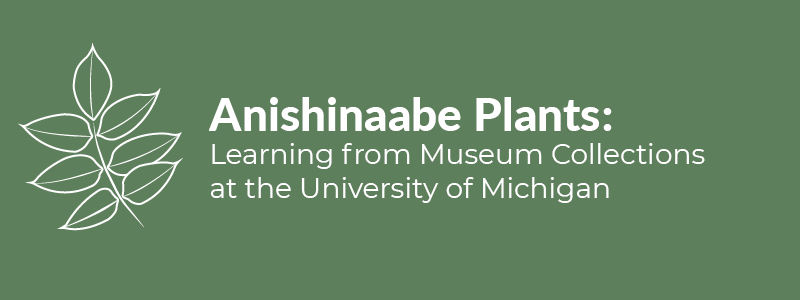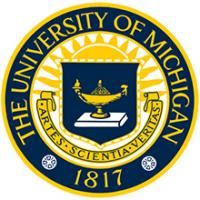Collection History
This website shares information about museum collections and archival materials curated at the University of Michigan. The Museum of Anthropological Archaeology's land acknowledgement recognizes the contributions of Indigenous peoples whose traditional homelands include southeastern Michigan to the origins of the Univeristy. This statement also includes a commitment by the Museum to working with the University to sustain partnership with Indigenous peoples today.
The University of Michigan is located on the traditional territory of the Anishinaabe, Wyandot (Wyandotte), Seneca, Delaware, Shawanese (Shawnee), Miami, Sauk and Fox, and others. In 1817, the Bodewadami, Odawa, and Ojibwe Nations made the largest single gift to the early University, when they granted land through Article 16 of the Treaty at the Foot of the Rapids so that their children could be educated. Through these words of acknowledgment, their contemporary and ancestral ties to the land, sovereignty, and their contributions to the University are recognized and reaffirmed. As a Museum, we will work to hold the University of Michigan more accountable in sustaining mutually beneficial partnerships with Indigenous peoples, communities, and nations that recognize and fulfill their rights and aspirations.
Dialogues about museum collections and their histories are an important avenue for building meaningful relationships between universities and Indigenous communities.
To learn more about the history of the collections featured on this website, explore the links below:
Questions?
- About the collections curated at the Museum of Anthropological Archaeology (UMMAA), contact the collections managers at ummaa-collection-mgr@umich.edu
- About the photographs and archival materials at the Bentley Historical Library, visit: https://bentley.umich.edu/about/visiting/
- About this website, contact Lisa C Young (lcyoung@umich.edu)

